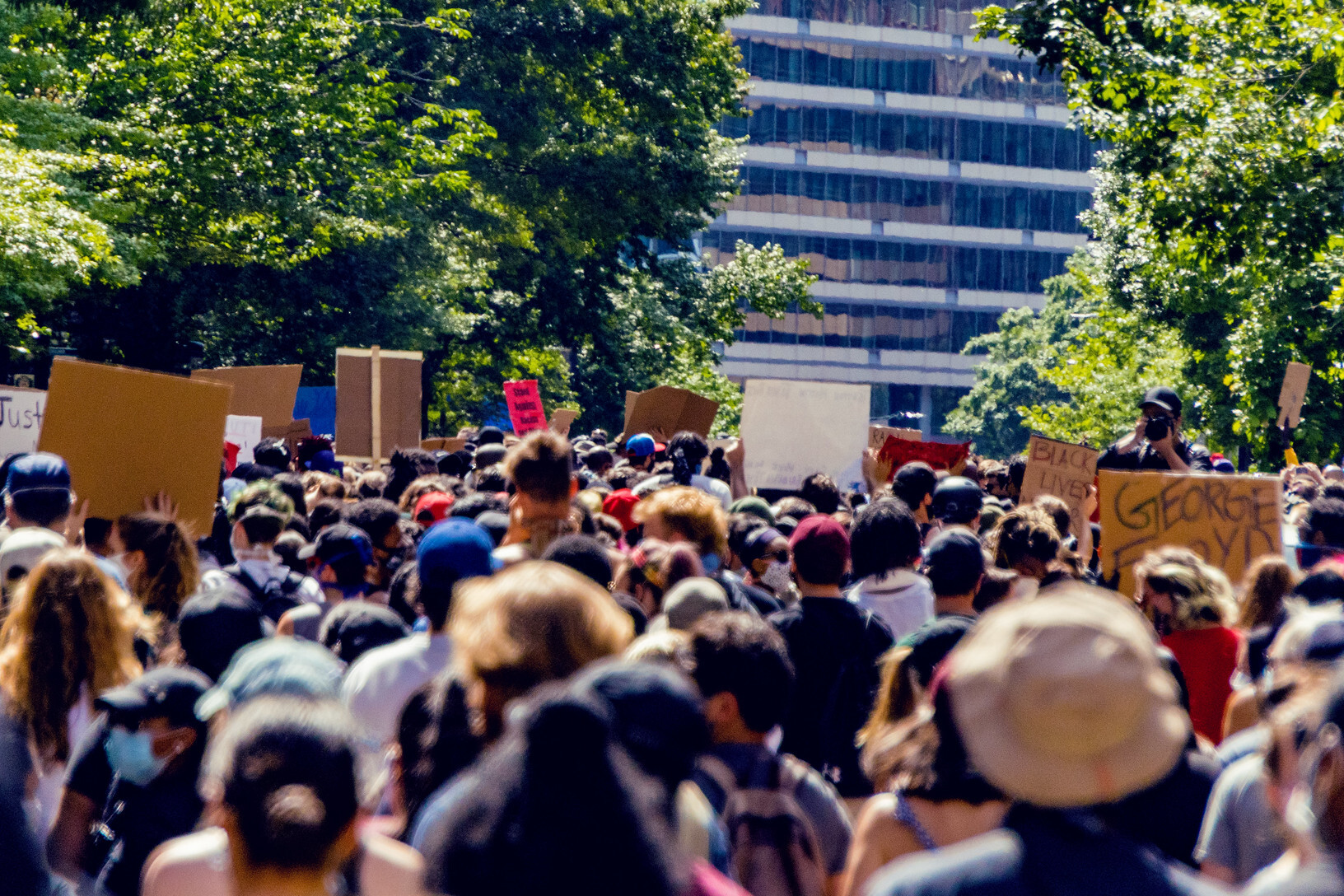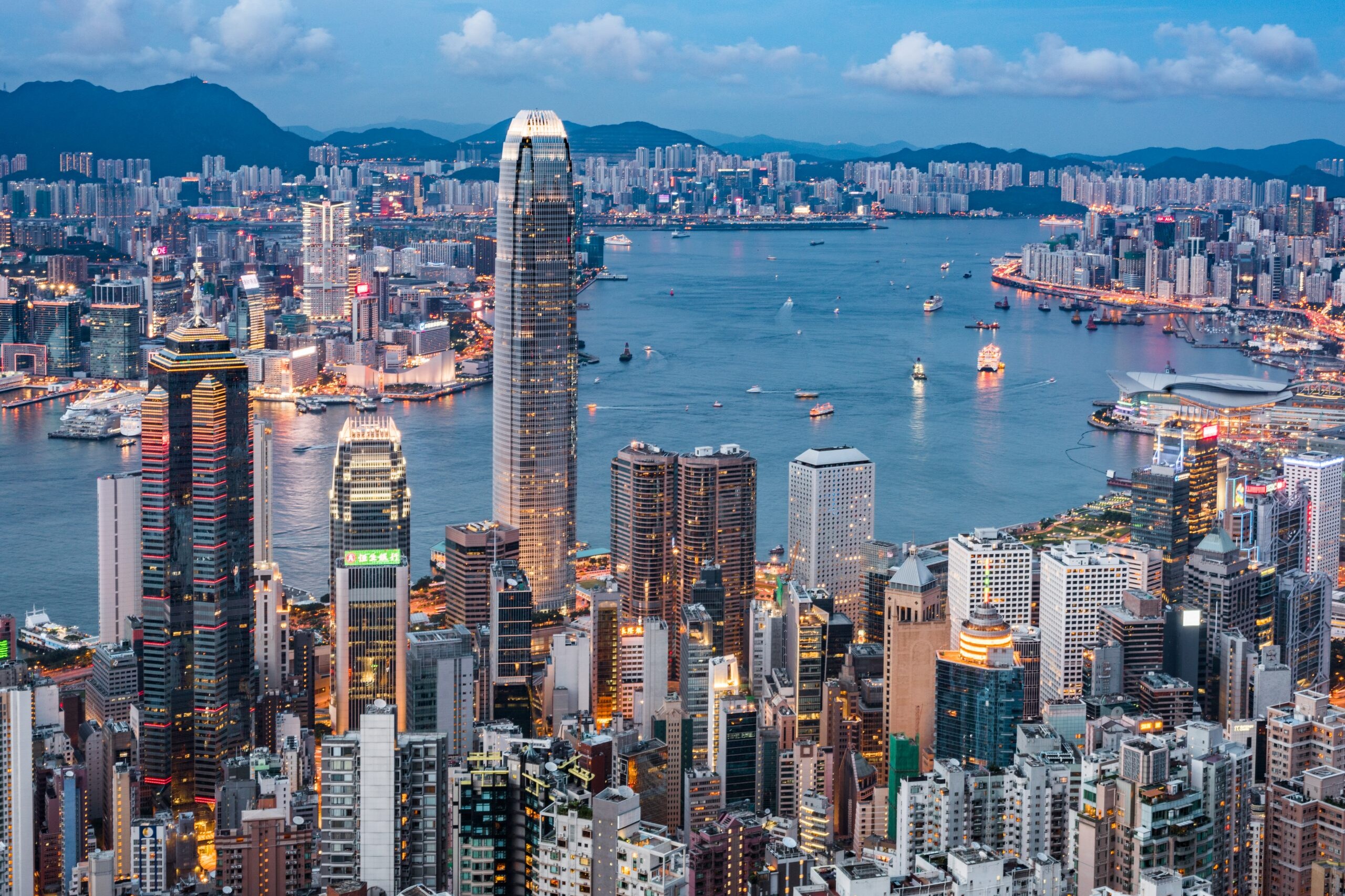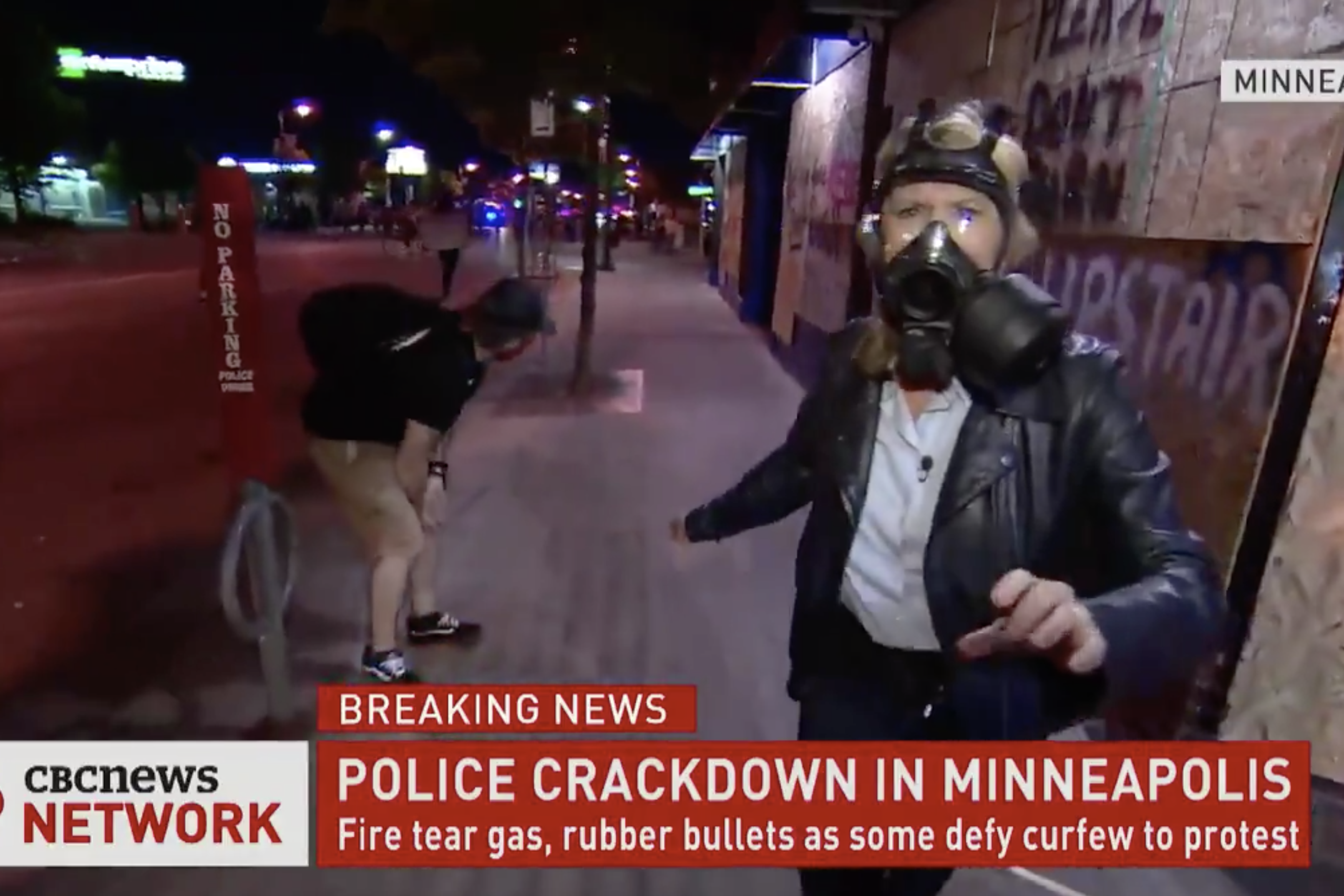French government says it plans to rewrite controversial clause in new Global Security Bill amid serious concerns about its impact on press freedom and the ability of journalists to hold authorities to account.
Parliament announced on 30 November that it plans to rewrite Article 24, a widely condemned section of the proposed Global Security Bill. This followed days of widespread protests and a series of violent police incidents across France, with around 130,000 people taking part in marches on 28 November. Thousands more took to the streets last week following the announcement.
Watch: France police security bill: Protests turn violent again (BBC News)
Adopted in its first reading by the National Assembly, the proposed security bill aims to provide further protections for police. But Article 24 of the bill aims to specifically prohibit members of the public from disseminating images that depict the identities of on-duty police officers, claiming that it could cause harm to their “physical or mental integrity.”
As it stands, violators would get up to one year in prison and a fine of 45,000 euros.
Read more: Draft law on “global security”: four questions on the ban on showing the faces of police officers (France TV Info)
How is this an erosion of press freedom?
Many journalist unions, human rights organisations, and members of the public share concerns that the clause endangers freedom of expression and would effectively stop journalists from freely reporting on and exposing unlawful police behaviour.
International Federation of Journalists (IFJ) and other civil society group concerns were quoted by France TV Info, stating that the new bill “has the real objective of restricting the rights of journalists and freedom of the press disproportionately in relation to the reality of the threat…”
Police brutality during protests, including attacks on journalists, are not uncommon in France. Ameer Alhalbi, a freelance photojournalist, suffered injuries while he was covering the protests on 28 November, despite clearly identifying as a journalist. RSF reported other recent attacks on journalists and photographers covering protests last month.
The protests were also sparked after footage was released revealing a group of four policemen attacking music producer, Michel Zecler, at his studio in Paris, using tear gas and other weapons.
The European Commission and public media organisations speak out
In a press briefing on the 23 November, a European Commission spokesman emphasised that “when member states are drafting security legislation, they must respect the principle of proportionality and find a good balance between guaranteeing public safety, public security and protecting rights and freedoms for citizens, including freedom of expression and media freedom…and access to information.”
He went on to add that “…the Commission does not comment on draft laws but it goes without saying that in a crisis period, it is more important than ever, and we’ve often said this in different contexts, that journalists should be able to do their work freely and in full security.”
Meanwhile, Deutsche Welle reporter, Luisa von Richthofen, shared her opinion that the new draft law questions how the police can be held accountable for violent behaviour. She said, “A democratic society should encourage those who document state-sanctioned excesses of violence. The new law makes this almost impossible… Journalists in France — or anywhere else in Europe — should not have to fear being arrested by the police at will.”
Last month, France 24, RFI and the editorial staff of Radio France and France Télévisions joined other news media outlets in signing a letter of protest condemning a remark (which has now been retracted) made by the French Interior Minister, Gérald Darmanin, who suggested that journalists should seek accreditation from the police to cover demonstrations.
What happens now?
Government ministers have announced that there will be complete re-writing of Article 24 considering the widespread condemnation. But according to France TV Info, the bill now technically lies in the hands of the Senate, since it was adopted in its first reading, and is therefore the Senate’s responsibility to re-write the text. However, France 24 reporter, Clovis Casali, who covered the protests on 28 November, suggests that the vagueness of the current iteration of the bill shines doubt as to what the re-writing will achieve.
Since the U-turn, the Syndicat National des Journalistes (SNJ) and other journalist unions have been protesting to have the bill completely withdrawn. Further demonstrations took place across the country last week, leading to heightened tensions with more arrests and reports of attacks on police officers.
Watch: Macron under pressure: Police brutality and an embarrassing U-turn (France 24 debate)
The proposed restrictions and their implications for journalists’ ability to hold power to account are the latest in a worrying trend of restrictive measures that infringe upon press freedom and journalist safety worldwide. It is essential, especially during a global crisis, that journalists can report freely and safely to inform the public.
The Public Media Alliance joins calls to ensure that reporters in France are able to fulfil this central tenet of journalism.
Header Image: Freedom of press stock photo. Credit: OlafSpeier/iStock
Related Posts
8th June 2020
Staying Safe: Tools and resources for reporting on protests
Updated Amid the challenges of…
17th August 2020
Another dark week for press freedom and critical voices in Hong Kong
The Chinese government’s new National…
2nd June 2020
The Public Media Alliance condemns attacks on journalists and media workers during protests in the USA
As Black Lives Matter protests spread…


